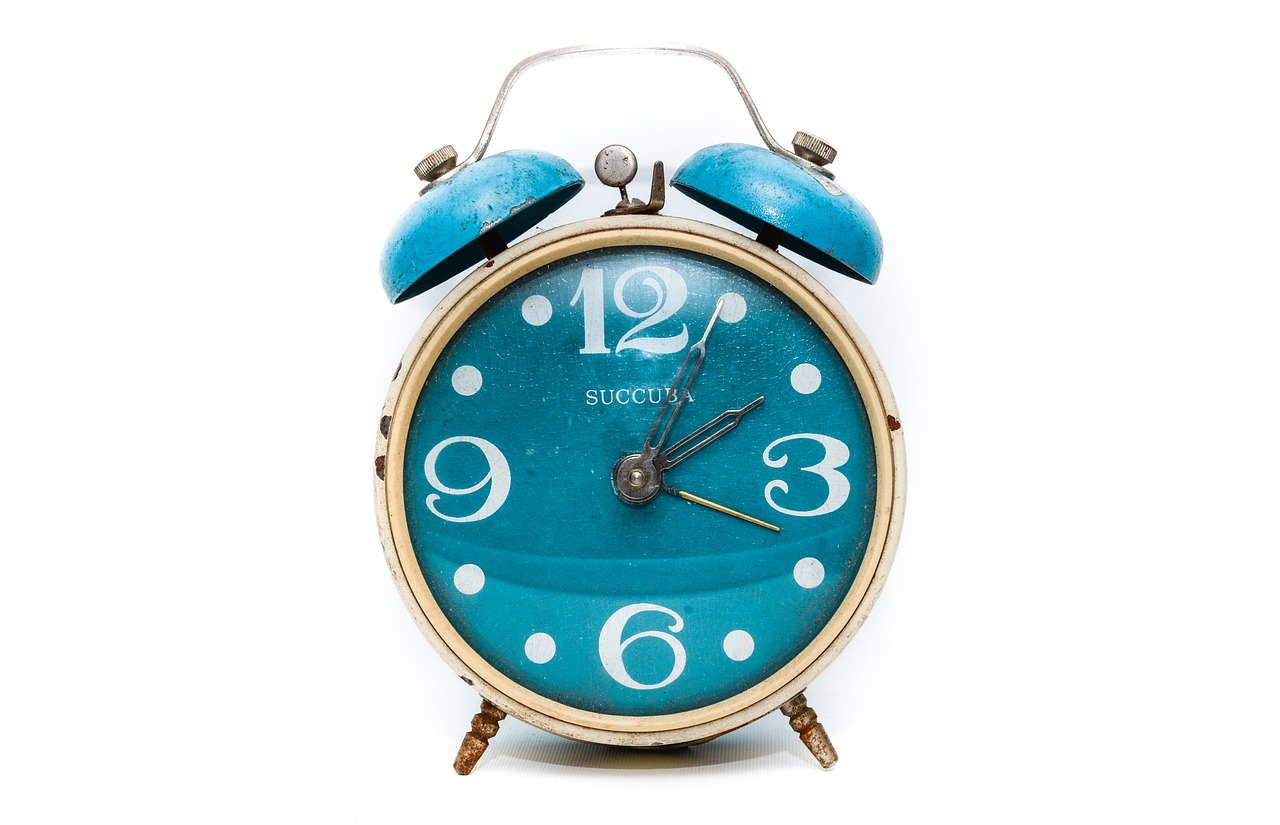The world is seemingly inhabited by two types of people: night owls and early birds. Night owls are especially active at night, while early birds tend to enjoy waking earlier than the average person.
Many night owls might wish they could be early birds, whether it’s for the sake of their sleep schedule or simply the aesthetic of the early-morning lifestyle. The typical work day seems to be catered to those who rise at the break of dawn; so, can anyone become a morning person?
Why Do We Wake Up Early or Late?
Genetics play a role in determining which type of person you are. Circadian rhythm, or the 24-hour “internal body clock” that follows the sun and affects our energy throughout the day, can vary because of one’s chronotype, according to the Sleep Foundation. Chronotypes are not black and white, there is a spectrum.
“Most people feel awake when it is light and sleepy when it is dark, but the specific timing of these schedules can vary from person to person,” according to the Sleep Foundation. “That variability is what is known as a ‘chronotype,’ and it is the official term for whether you are a morning or a night person.”
Chronotypes are physiological, affecting the central nervous system, according to the Sleep Foundation. “In morning people, brain pathways are most excitable in the morning, empowering peak physical performance early in the day. In night owls, it is the opposite.”
While there is nothing inherently detrimental about a late chronotype, society’s schedule – early school hours and the commonplace nine-to-five job – typically benefits morning people. As noted by the Sleep Foundation, many “important activities are often scheduled for the morning, when night owls are still sleepy and experience lower cognitive and physical performance as a result.”
How Genetics Play a Role
A study by the American Psychiatric Association looked at the genetic data and monitored the sleep schedules of 85,000 individuals to compare how chronotypes affect people. All participants got the same amount of sleep, regardless of their sleep schedules, and it was found that “being a morning person is causally associated with better mental health.”
A New York Times article suggests that “people who are early birds may have other health or lifestyle behaviors that reduce their risk for depression — they may have a healthier diet, for example, exercise more, or have fewer health conditions, such as chronic pain, that are associated with depression.”
However, many events that aren’t related to school or work can take place at night. According to Healthline, maintaining a social life can be easier if you’re a night owl. “Pursuing and maintaining relationships and other social connections might become somewhat more difficult if you have a hard time staying awake past 8 or 9 p.m. — unless you seek out other morning larks, that is.”
How to Become a Morning Person
So, is it possible for people with late chronotypes to become early risers?
Yes, but it might require some determination. The Sleep Foundation shares several tips that can help you become a morning person, which includes creating a consistent sleep schedule and timing your meals correctly.
Creating a consistent sleep schedule “makes it easier to get at least seven hours of sleep per night and feel more refreshed during the day,” according to the Sleep Foundation. “Studies have found that sleeping in on the weekends can disrupt your circadian rhythm, so it is best to set regular sleep and wake times and follow them daily.”
After maintaining a regular sleep schedule, it is recommended to use 15-minute increments to gradually move your bedtime earlier, should you aspire to become a morning person. Meal timing can also affect your sleep schedule, so eating when a morning person would eat can “help your body adjust to an earlier routine.”
“Conversely, if you maintain the same dinner times as before, you might find your body is still carrying out certain components of the digestive process when you are trying to sleep,” according to the Sleep Foundation. “This makes it harder to adjust to your new schedule. It may also desynchronize your body’s sleep-wake cycle from your eating cycle, which can negatively impact your metabolism.”
Additionally, avoiding afternoon and evening naps can help you become a morning person. Not drinking caffeine late in the day and exposing yourself to natural light early in the morning can also help.
Ultimately, according to Healthline, getting the right amount of sleep matters the most when maintaining good health. Whether you’re an early bird or a night owl, sleeping soundly affects your mental and physical health, so it is important to get some quality shut eye every night.
Related Articles:

